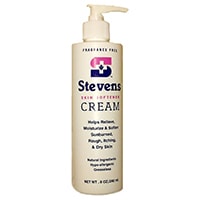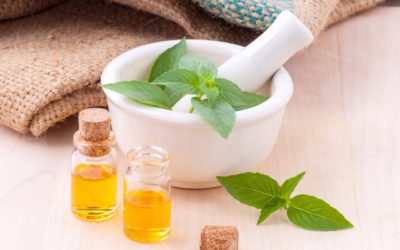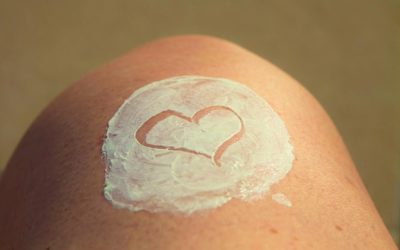
Your Skin is the largest organ “on” your body. In fact, that is the first thing people notice about you. That is why, from time immemorial, the care of the skin has been the preoccupation of many.
Your skin is 70% water, and many skin problems are associated with dry skin. That is why many skin preparations are made, using the concept of preventing moisture from leaving the skin. They therefore use occlusive agents, that is ingredients that clog your pores, thus theoretically sealing moisture in.
There is a problem with this approach however, and I’ll explain shortly, but first…
Let’s Learn About Your Skin. How it is Made, and How it Actually Works.
Your skin consists of two distinct layers: The outer layer, the epidermis, consists of dry mature cells and forms the protective layer. The inner layer or dermis consists of collagen. This gives the skin strength and flexibility. The dermis also contains the sweat glands, nerves, blood capillaries hair follicles and sebaceous glands.
Your skin is an important, vital, living, dynamic organ without which you could not survive. Among its many functions, it regulates your body temperature, and through its more than 2,000,000 sweat pores, is an organ of excretion. Your skin should also be allowed to breathe.
With this background, it’s easy to understand why the following ingredients do NOT belong on your skin:
| Mineral Oil | A mixture of refined liquid hydrocarbons derived from petroleum. Mineral oil is the stabilizing ingredient of many skin care products. Mineral oil forms an occlusive film on your skin, blocking your pores, and interfering with normal skin respiration. It may, therefore, not only harm your skin but be a contributing cause of blemishes. |
| Petroleum
(Petrolatum) |
Petroleum products such as Vaseline, etc., do not penetrate your skin, but sit on the surface blocking natural respiration, excretion, and absorption of other nutrients. It is also an occlusive agent, and should be avoided. |
| Lanolin | Derived from sheep wool, Lanolin is a common lubricating ingredient in many cosmetics and creams. In addition t being occlusive, it has been proven to cause allergic reactions in skin of sensitive people. |
| Solvent | Solvent alcohols in the form of propyl of isopropyp are drying to your skin |
| Collagen | This animal product is added to cosmetics as a moisturizing agent. The molecules are too large to penetrate your skin. They therefore clog your pores, and in some cases cause allergic reactions. |
Here’s an interesting exercise. Check your skin care products now and see how many of them have one or more or the above offending products. You may be surprised.
Other ingredients to avoid are:
| Artificial Colors | Known to cause allergic reactions in some people. |
| Artificial Fragrances | Known to create allergic skin reactions and photosensitivity in some people. |
The jury is still out on such chemicals as Retin A, Retinol, and Alpha Hydroxy Acids. A prudent approach is to avoid their use, especially now that something better safer, and more in tune with your skin’s normal physiology, is available.
Stevens Skin Softener Cream…a New Approach to Skin Care
Rather than using occlusive agents that clog your pores to prevent moisture from leaving your skin, Stevens Skin Softener Cream is designed to put moisture into your skin.
For this it uses Jojoba oil, Apricot kernel oil, Almond oil, Purcelin oil, Avocado oil and Squalene. Not only do these natural oils take moisture deep into your skin, but Jojoba, Avocado and Almond oils have the same consistency and molecular structure as sebum, your skin’s own natural lubricating oil. They therefore also serve to lubricate your skin.
Why is this so important to you?
You see, your skin is 70% water. Sebum, your skin’s own natural lubricating oil, functions to lubricate your skin and prevent it from drying out. This natural protection breaks down with many skin problems, and also as you get older. Women especially, experience an estimated 32% reduction per decade in sebum production, after age 20.
Do you understand now why everything you have tried for your dry skin has not worked, and why Stevens Skin Softener Cream will?






